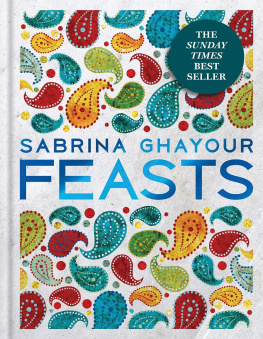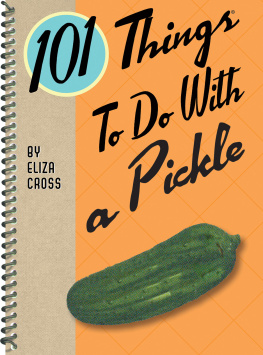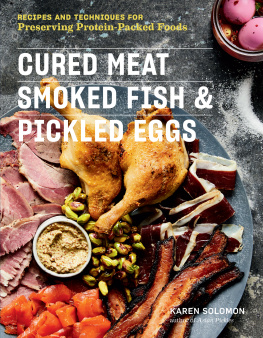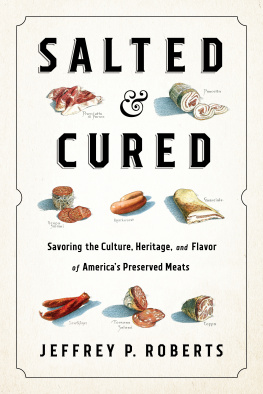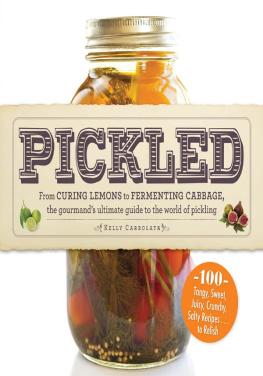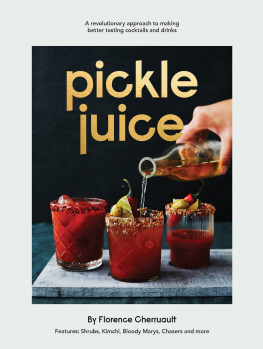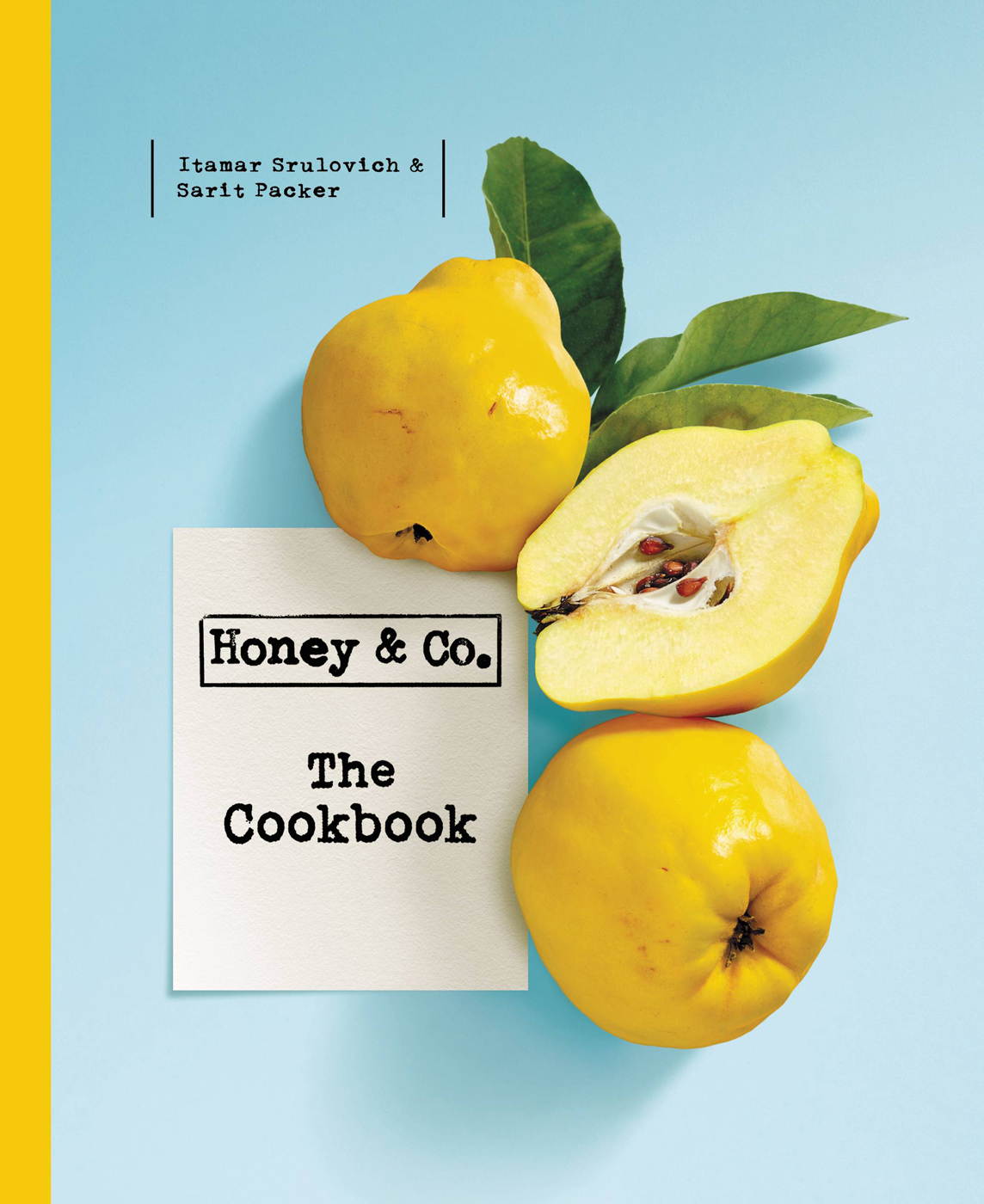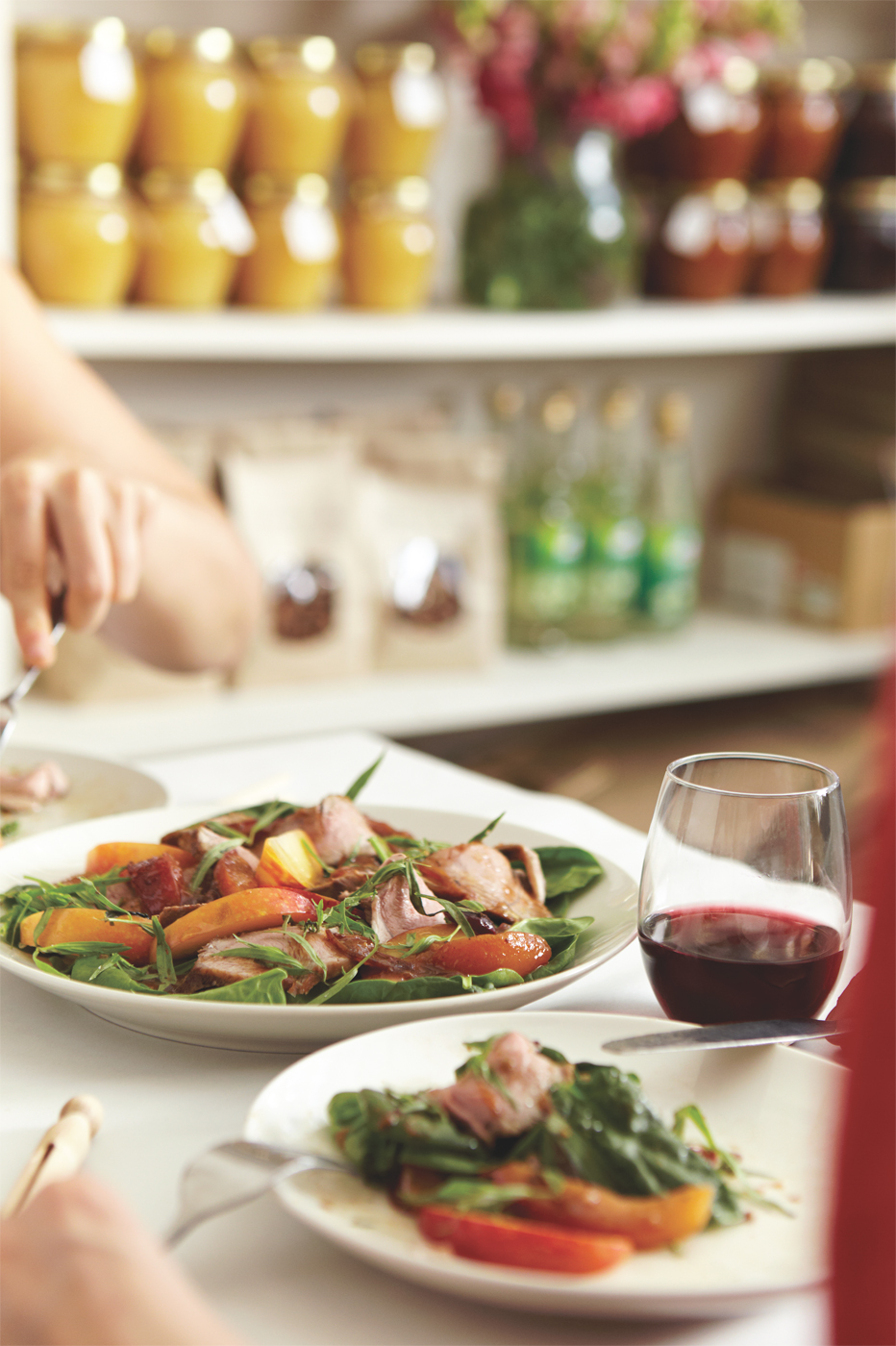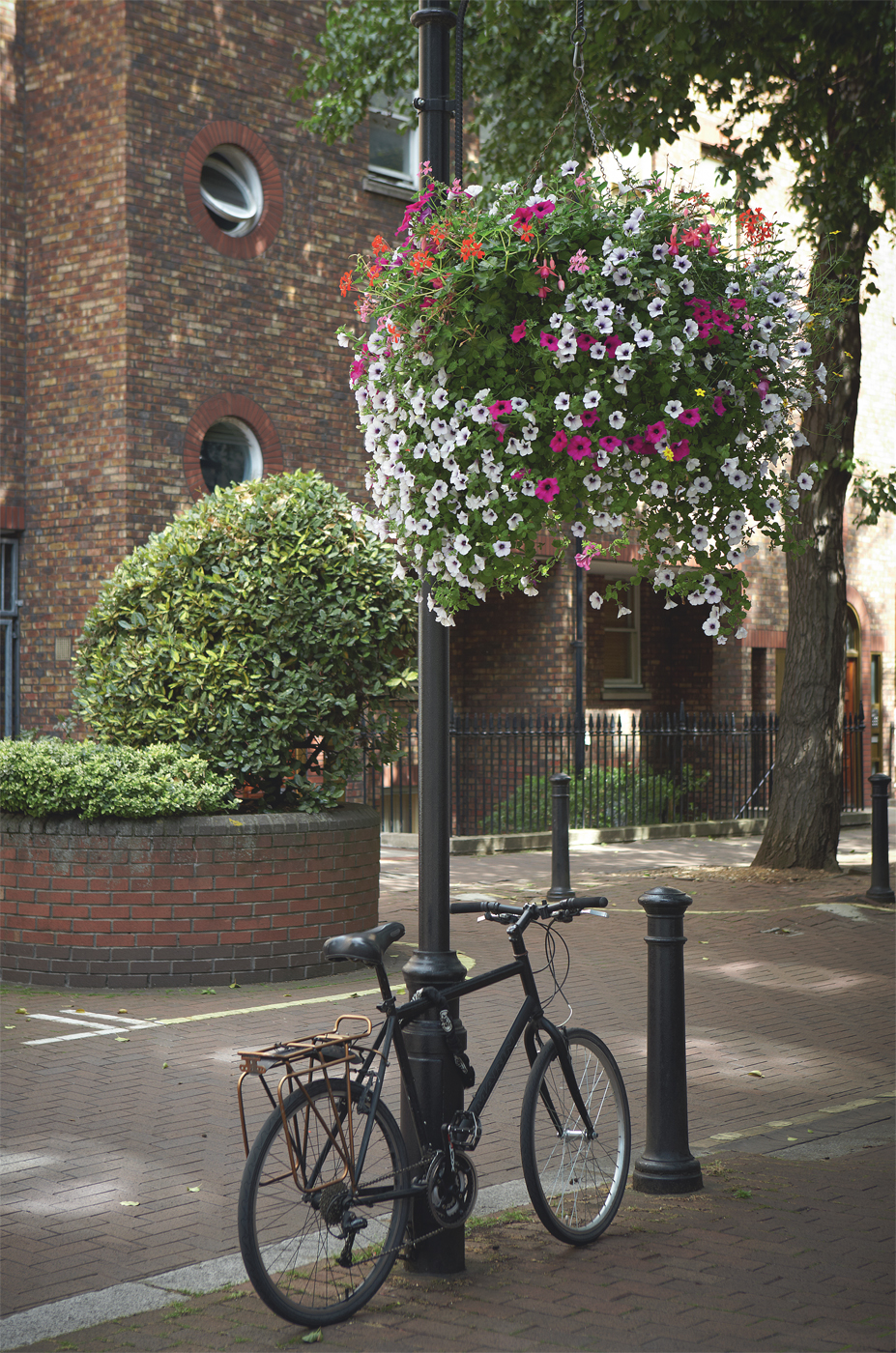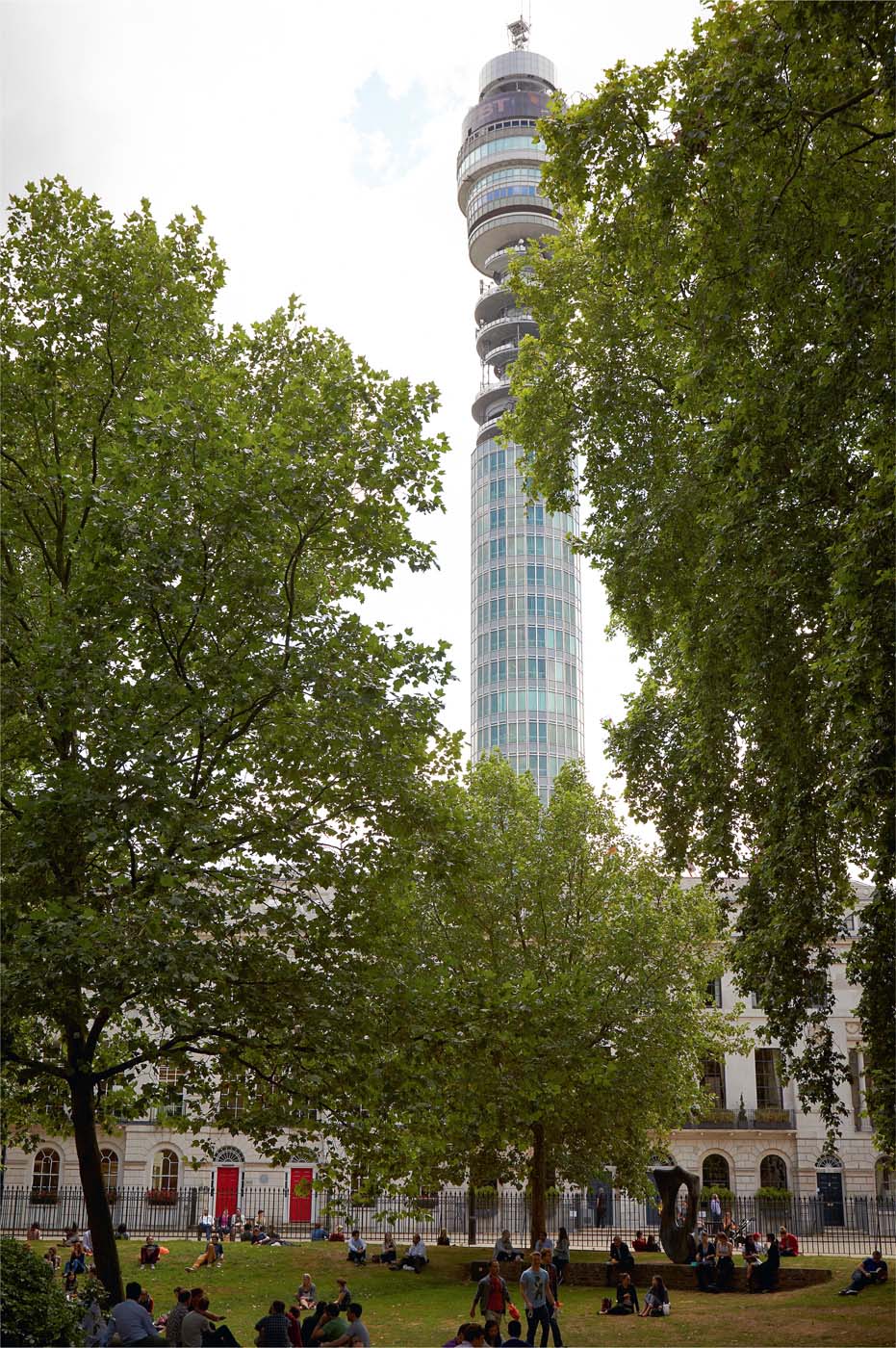Cover copyright 2015 by Hachette Book Group, Inc.
All rights reserved. In accordance with the U.S. Copyright Act of 1976, the scanning, uploading, and electronic sharing of any part of this book without the permission of the publisher constitute unlawful piracy and theft of the authors intellectual property. If you would like to use material from the book (other than for review purposes), prior written permission must be obtained by contacting the publisher at permissions@hbgusa.com. Thank you for your support of the authors rights.
Originally published in Great Britain by Saltyard Books, an imprint of Hodder & Stoughton, June 2014
Little, Brown and Company is a division of Hachette Book Group, Inc. The Little, Brown name and logo are trademarks of Hachette Book Group, Inc.
The publisher is not responsible for websites (or their content) that are not owned by the publisher.
We are a couple. We met ten years ago in a restaurant kitchen in Israel, where we were both born. Sarit had just come back from London, having trained there as a chef and worked at the Orrery for two years, as part of the team that got them their Michelin star, working in the classic French brigade system, where hierarchy, discipline and meticulous cooking are the only way. These values clashed a bit with the hippy, happy, laissez-faire attitude of the Israeli cooking culture. Trying to get a bunch of Israeli know-it-all chefs to act like Swiss watchmakers was never going to work. I thought she was highly strung and uptight. We married a year later.
We were not an obvious match. I was a skinny 23-year-old beach bum. I thought I knew everything there was to know about cooking and food, but I always preferred sleeping or reading to working. She, a plump 24-year-old war machine with a Bolshevik work ethic and a spreadsheet for a brain, intent on a stellar career, had (still has) an endless interest in cooking and food, and a soft spot for beaches.
We spent a lot of time together at work and, by chance, we lived a couple of streets away from each other in Tel Aviv. We had a lot of mutual friends from the restaurant and we became close. Sarit would give me a ride to and from work in her decrepit Subaru. On Saturday morning shed have to call me before she left the house to make sure I was awake for my shift. We would go to lunch together sometimes, or for a drink, and would bump into each other at the local video store (such things still existed back then).
Tel Aviv is a hot, sticky place from May till October. The only relief to be had from the heat of the eastern Med is on the beach, day or night. One such night, sweaty after slaving over a six-compartment pasta boiler and a 12-top gas range, we got in the car and decided to hit the beach on our way home. Six months later we moved in together.
The beginning was all about introducing each other to our favorite foods and places. I took my wife-to-be to Jerusalem, my hometown, to Rochelles Sandwichesa hole-in-the-wall canteen where an ancient Tunisian woman and her daughter cooked the most delicious stews, soups and mezze; and to Philadelphiaa Jordanian restaurant in the old town of East Jerusalem where they serve such exotic dishes as pigeon stuffed with pine nut rice, and rabbit cooked in yogurt and raisins; and I made her try Jerusalems best falafel, which she sneered at but secretly enjoyed.
In Tel Aviv I took her to Big Itzik, the best kebab shop in Jaffa, and told her how one day I would open the best kebab shop in the world; and we went to the Bulgarian grill by the beach, where wed have eggplant salad and taramasalata and kofta kebab seasoned with kashkaval cheese, and we would reek of garlic for days afterwards. Together we went looking for Eden, a famed Persian restaurant tucked in among the sex shops and brothels of Tel Avivs red light district, that served the lightest, most fragrant chicken dumplings and herby stews.
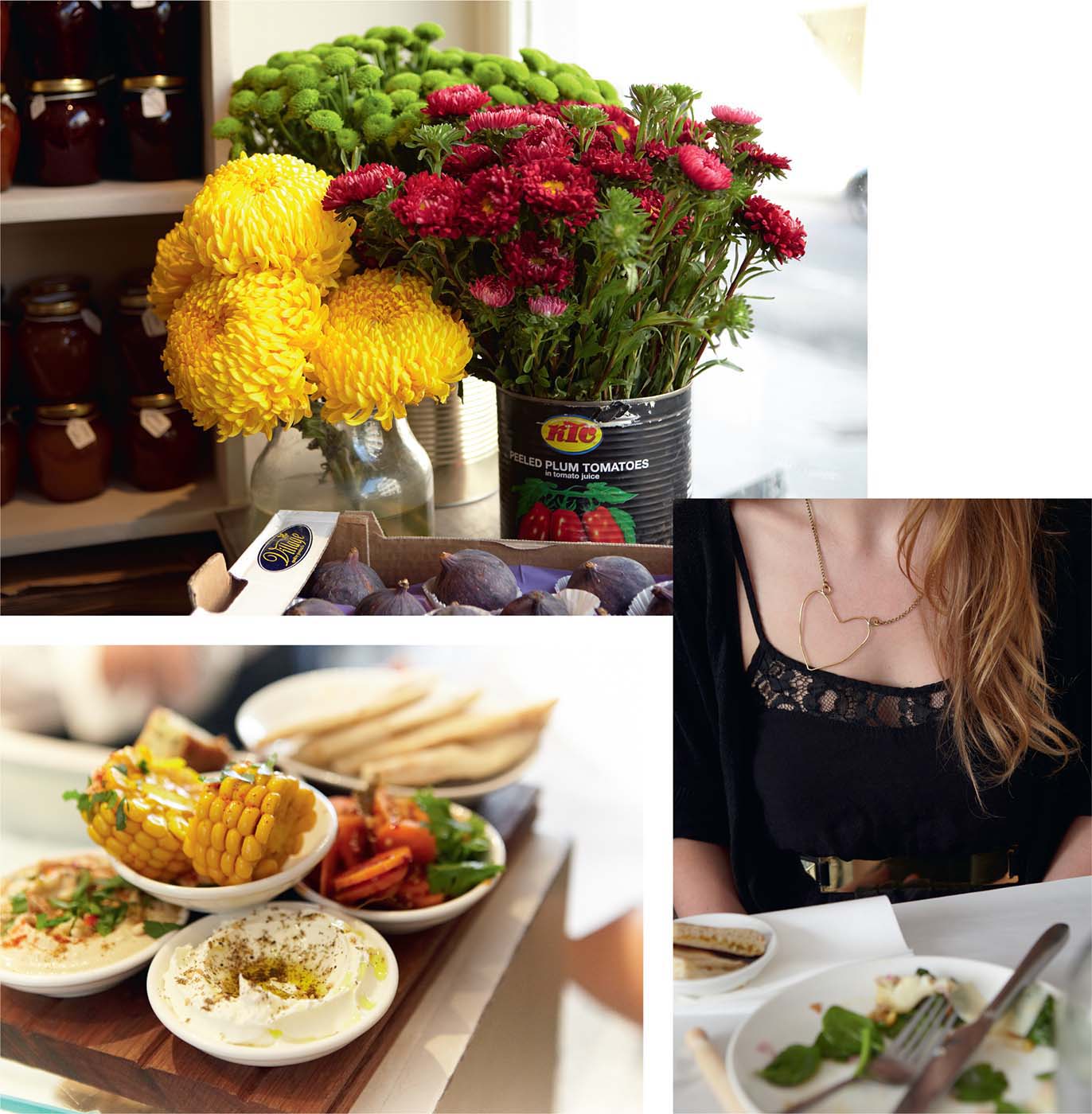
When we went to her part of the world in northern Israel, she took me to Haifas Wadi Nisnas market, where the finest vegetables and fruit in the land are to be had (all grown the old-fashioned way in someones backyard, or field-foraged) and the most fragrant coffee is roasted and ground to order. She made me try Haifas best falafel, which I sneered at but secretly enjoyed.
We went to the Turkish market to have oven-fresh burek and to buy lakerda (bonito cured in brine) from Turkey. She introduced me to the best hummus in Acre (which, I had to agree, is the best in the country) and, next door, the best seafood in the countrystraight from the Acre bay day boats, which bring fish so fresh all it needs is a bit of salt and some charcoal smoke.
Our life then, as now, revolved around food. Through food we met and through it we got to know each other. Much has changedthe country, the climate, the things we eat and the people we eat them withbut food is a constant.
We came to live in London on Christmas Day 2004, because of an infatuation with a book: our favorite cookbook, Nico, by Nico Ladenis. It is full of fiery passion and precision cookingwith recipes that are still used in Londons finest kitchensand has the best introduction to a cookbook ever. It made London sound like the only place to cook. We came to London dreaming of high gastronomy and Michelin stars. We ended up at the Oxo Tower, cooking and overlooking our new hometown from the eighth-floor restaurant. We worked a lot and earned a little, and spent whatever we could on food. Eating out was Vietnamese or Spanish food, at landmark restaurants and new ones, upmarket or downmarket dim sum, and any kind of Indian. At home we would cook the food we craved: freshly chopped salad and tahini; lentil rice and lamb chops with cumin; chicken roasted with lemon and mint; eggs in fragrant, spicy tomato sauce; or fishcakes with tons of coriander and garlic.


